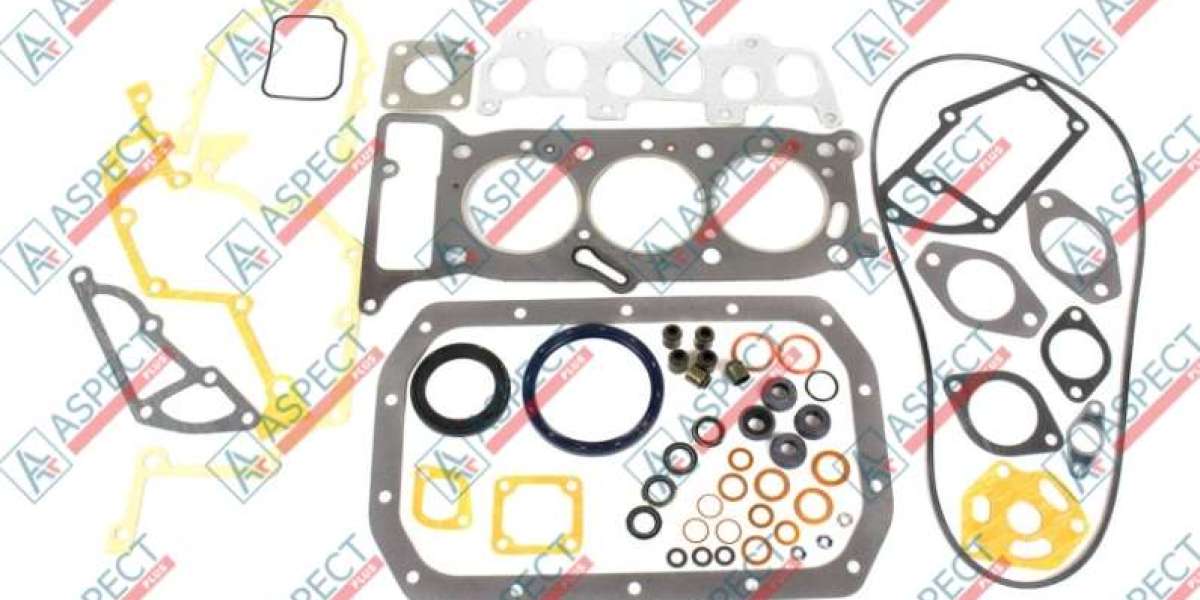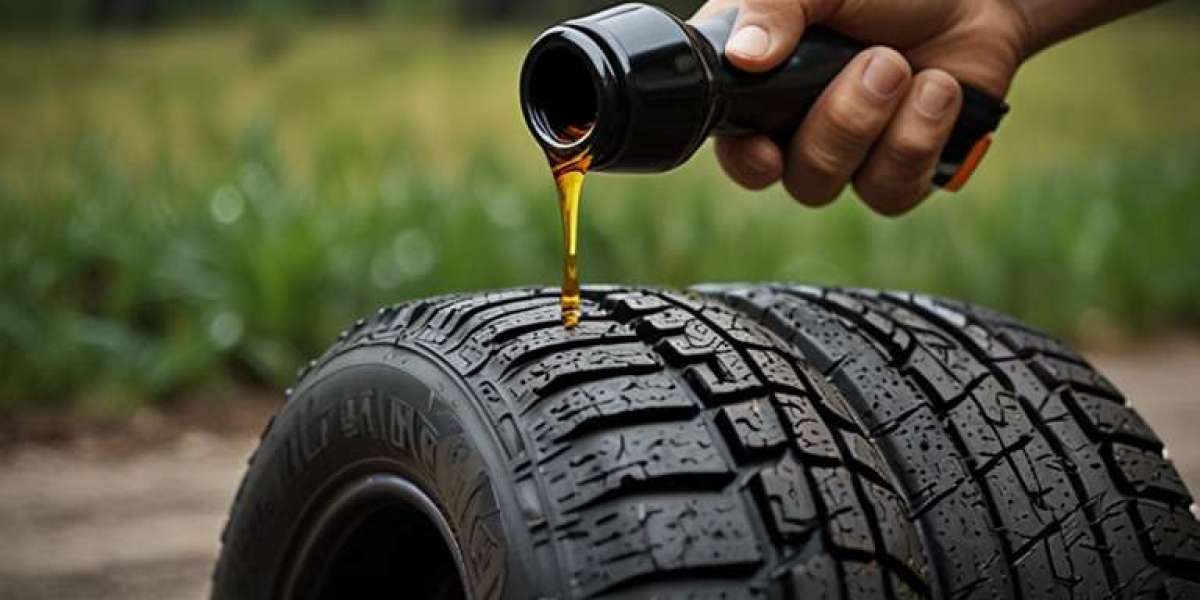For modern agricultural operations, the period of long-term storage—typically winter—is a necessary pause. However, this downtime is one of the most critical phases in the lifespan of CNH agricultural machinery (Case IH, New Holland). While the equipment is idle, it is not inert. Fluids degrade, moisture accumulates, and seals harden. Starting a tractor or combine after months of storage without proper recommissioning is a direct path to premature wear, immediate leaks, and costly, unscheduled downtime. This article provides an expert guide to the essential maintenance steps for CNH equipment post-storage, focusing on the two most critical areas: fluid replacement and gasket service, to ensure reliability from the first day of the new season.
The Hidden Dangers of Long-Term Storage
A machine that sits idle is actively deteriorating. The primary enemies are condensation (water) and oxidation (air).
- Fluid Degradation: All essential fluids—engine oil, diesel fuel, coolant, and hydraulic fluid—are susceptible to degradation. Moisture from atmospheric condensation contaminates these fluids, while oxidation breaks down their chemical properties.
- Gasket and Seal Hardening: Elastomer (rubber) components, such as gaskets and seals, are designed to be pliable. During long-term storage, especially in fluctuating temperatures, they can dry out, harden, and develop micro-cracks.
Attempting to run an engine with compromised fluids and brittle seals is a major gamble that can lead to catastrophic failure.
A Systematic Guide to Fluid Replacement
A full fluid service is the most important part of bringing CNH agricultural machinery back online. This is not about checking levels; it is about replacing compromised fluids.
1. The Engine Oil System
- The Problem: During storage, condensation builds up inside the engine crankcase. This water mixes with the oil and sulfur byproducts, creating acidic sludge that corrodes internal engine components like bearings and the camshaft. Furthermore, the oil's critical additives (detergents, anti-wear agents) deplete over time, even when idle.
- The Solution: An engine oil and filter change after storage (or immediately before, followed by running the engine to circulate) is mandatory. Starting an engine on old, moisture-laden oil will immediately circulate this acidic sludge, causing rapid and irreversible wear.
2. The Fuel System
- The Problem: Diesel fuel is not inert. It degrades, and is highly susceptible to microbial growth ("diesel bug") and water condensation, especially in a partially filled tank. This creates a layer of sludge that will be an immediate source of fuel system contamination upon startup, clogging lines and, most critically, damaging the high-precision components of the CNH fuel injection system.
- The Solution: The fuel tank should be drained of any visible water or sediment. The fuel itself should be inspected. Any fuel filters (a component we won't detail, but must be replaced) should be changed. This step is vital for protecting high-pressure fuel pumps and injectors from immediate failure.
3. The Cooling System
- The Problem: Coolant (antifreeze) is more than just water; its primary job, besides temperature control, is corrosion prevention. These anti-corrosion inhibitors are depleted over time. Stagnant coolant allows rust and scale to build up inside the engine block and radiator, creating hotspots and restricting flow.
- The Solution: A full cooling system flush and replacement with genuine, CNH-specified coolant is essential. This restores the pH balance and corrosion protection, preventing internal rust that can destroy a water pump or clog a radiator.
4. The Hydraulic & Transmission System
- The Problem: These systems are also vulnerable to condensation. Water is the number one enemy of a hydraulic pump, causing cavitation and rust. A milky or cloudy appearance in the hydraulic or transmission fluid is a clear sign of severe water contamination.
- The Solution: Check the fluid for contamination. If any is found, a complete hydraulic/transmission fluid replacement is necessary to protect the expensive pumps, valves, and clutch packs from failure.
Gasket Service: The Key to Preventing Leaks
Fluids are only as good as the seals that contain them. Gaskets and O-rings are the most common failure points after storage.
- Why Gaskets Fail: During storage, rubber seals that are not bathed in fluid can dry out. They lose their flexibility, become hard, and take a "set" (permanently deform). When the machine is started for the first time, the combination of heat, pressure, and vibration causes these brittle seals to crack and fail, resulting in immediate leaks.
- Inspection Points: Before starting the machine for the new season, perform a meticulous visual inspection of all major sealing points:
- Engine valve cover gasket
- Engine oil pan gasket
- Water pump gasket and "weep hole"
- Hydraulic pump mounting gaskets
- Hydraulic hose O-rings and connections
- A "weeping" or damp seal is a clear indicator of a gasket that has hardened and will fail completely under operational pressure.
The Critical Role of Quality CNH Parts in Recommissioning
When replacing these vital fluids and components, quality is paramount.
- Gasket Quality: A cheap, low-quality gasket set will harden and crack in a fraction of the time of a genuine CNH part. Genuine CNH parts use elastomer compounds specifically formulated to resist heat, oil, and coolant, ensuring a durable, leak-free seal.
- Fluid Specifications: Using generic fluids instead of those specified by CNH can lead to improper hydraulic performance, transmission clutch slippage, and inadequate engine protection.
Our company Aspect Plus offers a wide range of genuine CNH parts, from complete gasket sets and seals to all specified engine, hydraulic, and transmission fluids required to properly recommission your agricultural machinery.
Conclusion
Proper maintenance of CNH agricultural machinery after long-term storage is a critical investment in the reliability of the upcoming season. The "start it and see" approach is a costly gamble. A systematic program of fluid replacement and a thorough inspection and service of all gaskets and seals are the only effective ways to mitigate the damage caused by condensation and material degradation. By investing in quality CNH parts and a professional maintenance routine, you ensure your tractor or combine performs with maximum efficiency and reliability from the first day in the field.
For expert consultation on post-storage maintenance and a reliable source for genuine CNH parts, contact the specialists at Aspect Plus.



